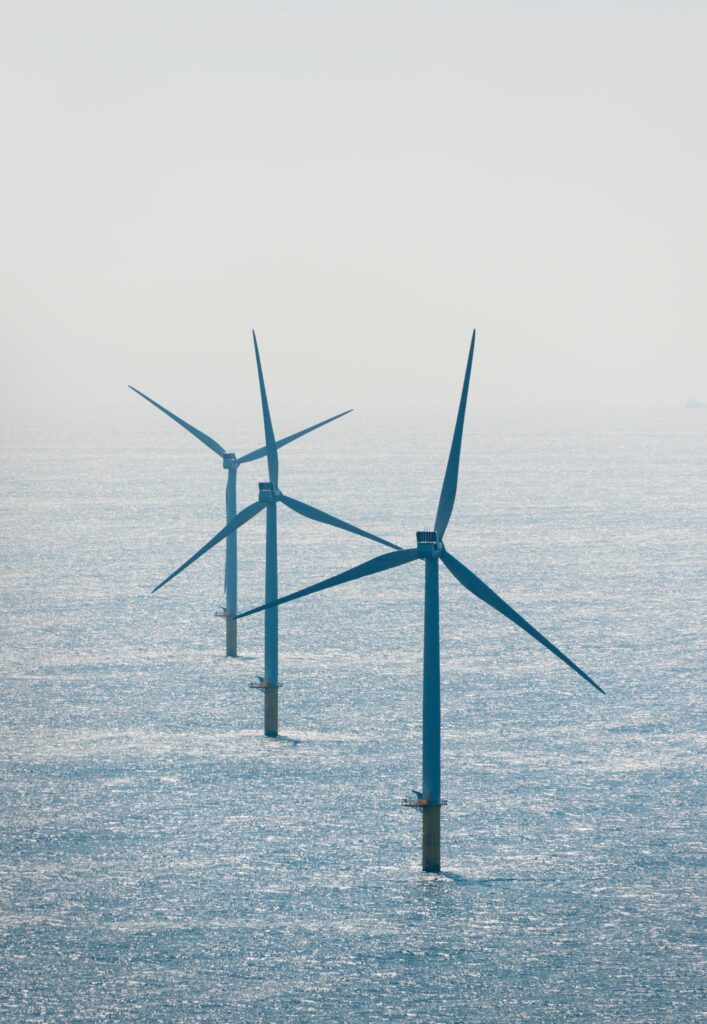Dealmakers expect strong buyout pipeline in MNCs China healthcare and Industrial carveouts – Mergermarket China Forum Explorer
Ahead of our AVCJ Private Equity Forum China on 11 September 2024, we analyze deal trends based on interviews with senior dealmakers.
The global industrial and healthcare multinational corporations have accelerated their strategic moves to dispose their China assets this year, amid intensified geopolitical risks, shrinking profitability, heightened domestic competition, and regulatory uncertainty. This provides a strong buyout pipeline for Chinese dealmakers, said multiple industry experts polled by the news service.
Chinese buyout funds have been actively seeking MNCs carveout buyout opportunities in sectors including healthcare and industrials, the second industry expert said. Trustar Capital, HOPU Investments, Primavera Capital, and FountainVest Partners have all expressed their strong interests in MNCs’ China disposal assets at the previous AVCJ forums.
China’s buyout volume accounted for nearly 40% of total PE/VC investments in China within 1H24, while such figure was recorded only at 12.5% throughout last year, up from 8.6% in 2022, per Mergermarket data.
Deep-pocket Middle East investors are also active in scouting for healthcare and clean tech investments across China, not only to strengthen relationship with China government and markets, but also to bring home such technologies and businesses, per the first industry expert.
In August, UCB [UCB:BEL], the Belgian biopharmaceutical company, announced the divestment of its neurology and allergy business in China to CBC Group and Mubadala Investment for USD 680m.
Earlier the same month, Japan-based commercial-stage biotechnology company Kyowa Kirin [TYO:4151] announced it would transfer its 100% stake in Shanghai-based Kyowa Kirin China Pharmaceutical to Hong Kong WinHealth Pharma Group Co Limited for CNY 720m (USD 99m).
South Korean LG Display [KRX:034220] also announced last month that it selected TCL China Star Optoelectronics Technology (CSOT) as the preferred bidder for its ongoing sale of its liquid crystal display (LCD) plant in Guangzhou.
Chinese semiconductor packaging and testing group JCET [SHA:600584] last month obtained regulatory approval to acquire a 80% stake in Shanghai-based SanDisk Semiconductor for USD 624m, a data storage subsidiary of California, US-based Western Digital [NASDAQ:WDC].
However, the valuation gap, disparity in business strategy, and financing pressure from the buyside still pose challenges to take deals to completion.
UK-based pharma maker Mundipharma International terminated talks with the consortium of Sino Biopharmaceutical [HKD:1177] and CPE for the sale of its China business after failing to reach an agreement on valuation, Mergermarket reported 29 August. That is Mundipharma’s second attempt to sell its China business.
EQT-backed Australian integrated cancer care provider Icon Group remains open to discussions with interested parties for its Greater China business, as it is now focused on growth in the UK and Europe, CEO Mark Middleton told Mergermarket in July. Icon Group engaged Morgan Stanley to help gauge the interest for its Greater China business and explore a potential carveout, as reported in July 2023.
Exit from low-margin industrials
In terms of industrials, such carveout activities have mostly happened in labor-intensive, high-pollution, and home-grown technology dominant sectors, given the MNCs can hardly see as high a margin in the China market as before, the first and second industry experts said.
China’s electronics, steel, chemicals, gasoline/diesel vehicles, machinery, and rail industries have seen the most MNC carveout activities within the last year, the first industry expert said. The transaction volume will keep going up, as China has been putting primary focus on advanced manufacturing and clean technology for low emissions, he said.
Amid the heightened labor cost and stringent environmental compliance in China, the industrial MNCs have ever-strong intentions to move their highly labor-intensive and severely polluted production sites to other developing countries in Southeast Asia, Latin America, and India, per the first and second industry experts.
Meanwhile, China-US decoupling has loomed large on top of the global semiconductor companies still with business in China, which have increasingly pushed up carveouts in this sector, the first and third industry experts said.
Meanwhile, with the rise of home-grown semiconductor heavyweights, especially in the packaging and testing field, MNCs’ market share will decline due to growing competition in China, per the third industry expert.
VBP poses pressure for healthcare MNCs
The MNCs in the healthcare sector have accelerated carveouts as the Chinese volume-based procurement (VBP) program keeps expanding the coverage on more categories of generics and medical devices, said the fourth industry expert.
The VBP policy launched in the country requires a very low price on certain products through large-volume procurement to realize affordable healthcare service. The program had heavily squeezed the profitability of such business. MNCs, mostly selling expired patented drug and medical devices, have less competitiveness compared to domestic players, per the fourth industry expert.
A rational strategy is to exit from such business and shift to providing more advanced and innovative therapies and products that are not VBP-included, the same industry expert added.
Most of the MNCs are evaluating its Chinese business portfolios and the deal pipeline is expected to increase in the future, he said.
Apart from buyout firms, Chinese strategic peers also play a prominent role in the takeover of assets disposed by MNCs in the healthcare and industrial sectors, the four industry experts said. Chinese listed firms have pressure to ramp up their market capitalization, with bolt-on buys as effective alternatives. SOEs have state missions to consolidate the domestic assets to upgrade facilities with green and automation techs, and to streamline the overly competitive spaces, the first industry expert explained.
Proprietary intelligence stories related to MNC carveouts in China reported by Mergermarket over last three months include:
Apex Tool Group (02/08/2024)
Apex Tool Group (ATG), the US-based tools manufacturer owned by Bain Capital, is in the second-round carveout process of its China business, while KKR is among the bidders. The transaction, advised by Moelis, has at least three bidders remaining in the race.
Weiyuan Chemical (25/06/2024)
Lihuayi Weiyuan Chemical [SHA:600955], a China-based chemicals maker, is scouting for the China-based phenol and acetone production assets of global multinational corporations to meet the growing demand for phenol and acetone products across the country. It is specifically looking at the assets that could be carved out by US, Japanese, South Korean, and European chemicals makers. Their exits from the joint ventures with other Chinese chemical players will also be on the listed Chinese chemical maker’s radar.
Unilever (13/06/2024)
UK-based consumer giant Unilever [LON:ULVR] has mandated Goldman Sachs for the potential exit of Qinyuan Group, the Chinese water purification system provider. A formal sale is unlikely to take place shortly, given the potential buyers are quite conservative about the valuation and need more time to do thorough due diligence over the industry.
Arconic Corporation (07/06/2024)
Arconic Corporation, a Pennsylvania-based aluminum products supplier sponsored by Apollo Global Management [NYSE:APO], kicked off a potential carveout of its China business. Advised by Goldman Sachs, the vendor is marketing its China business at over USD 300m in valuation.












